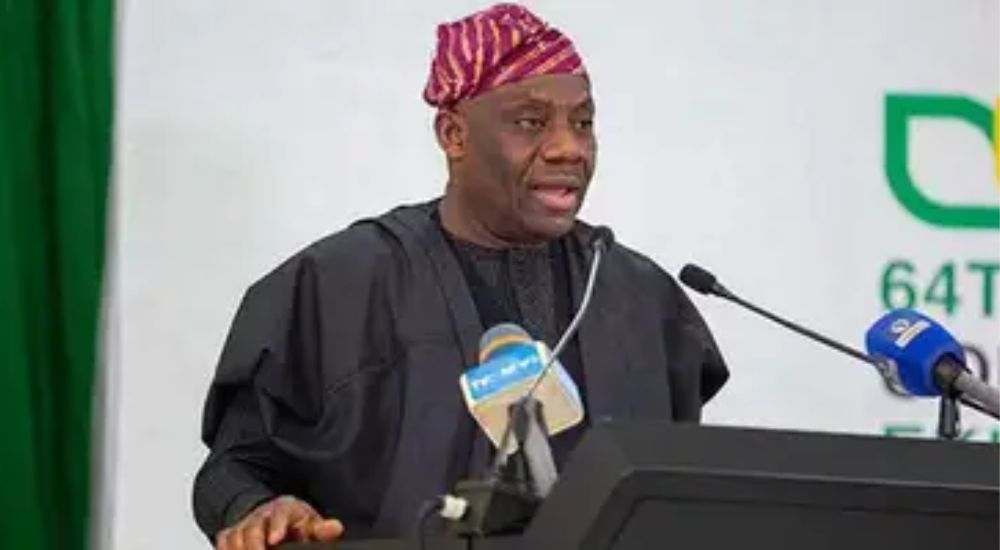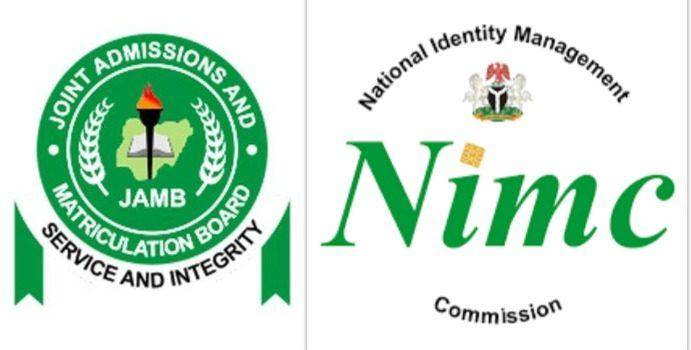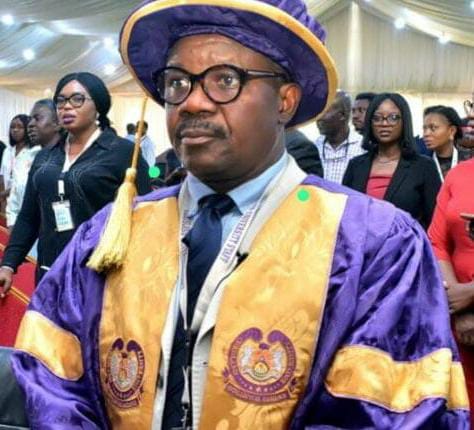Alausa sets new 12-year minimum age requirement for JSS1 admission


The Federal Ministry of Education, led by Dr Tunji Alausa, has set the minimum age for pupils seeking admission into Junior Secondary School (JSS1) at 12 years, following the completion of six years of primary education.
This directive is outlined in a newly introduced policy document focused on non-state schools, which was recently unveiled by the ministry.
According to the policy, non-state schools are playing an increasingly important role in providing education in the country, although the quality of education varies across different categories of these schools.
The Federal Ministry of Education stressed the age guidelines for school enrolment, stating that “nursery education shall be of three years’ duration.”
“Children shall be admitted into nursery one when they attain the age of three years, nursery two on attaining the age of four, and one year of compulsory pre-primary education (kindergarten) on attaining the age of five years, in accordance with the specification of Section 2 (17) of the NPE, 2013 Edition.”
On the subject of Junior Secondary School admission, the policy clearly states that “basic education shall be of nine years’ duration. There shall be a six-year primary and a three-year Junior Secondary School (JSS). Children shall be admitted into primary one when they attain the age of six years.”
“Every child must complete six years of primary education. They shall be admitted into Junior Secondary School (JSS1) when they have completed six years of primary education, at around the age of 12 years.”
Non-state schools, also referred to as independent, private, or non-governmental schools, are institutions that are not managed by government authorities.
These schools are generally financed through tuition fees and donations from individuals, businesses, communities, faith-based organisations, and foundations.
According to the new policy, this requirement means that Nigerian students would reach the appropriate age of 18 before they qualify for entry into tertiary institutions.
It should be recalled that the federal government had previously reversed the minimum age for university admission to 16, following earlier controversies over the policy that set the required age at 18.
Tahir Mamman, the former Minister of Education, had previously announced 18 years as the minimum age for admission into tertiary institutions befor the current Minister of Education, Tunji Alausa, revised the policy to allow admission from age 16.
The Nigeria Education Digest 2022, which was published by the Ministry of Education, stated that “Non-state schools outnumber state schools in at least 26 states of the federation at the junior secondary level, whereas at the primary level, state schools outnumber non-state schools in 19 states of the federation.”
“The growth in the number of non-state schools between 2017 and 2022 (the last five years reported) has been faster than that of state schools.”
“Non-state primary schools grew in number by 31.56 percent between 2017 and 2022, while state schools grew in number by 3.3 percent within the same period.”
“At the junior secondary level, non-state schools grew in number by 35.06 percent between 2017 and 2022, while state schools grew in number by 6.8 percent only within the same period.”








